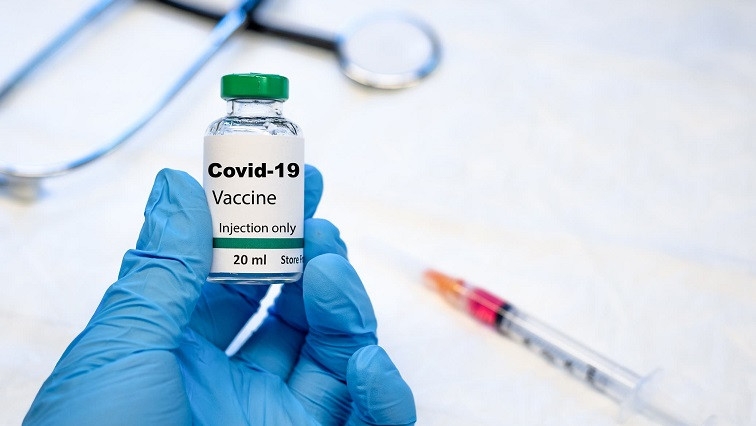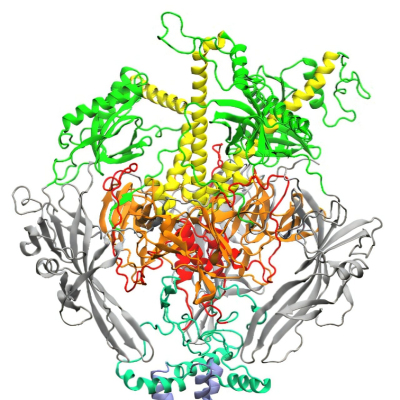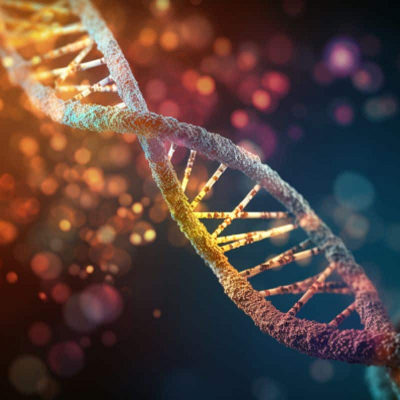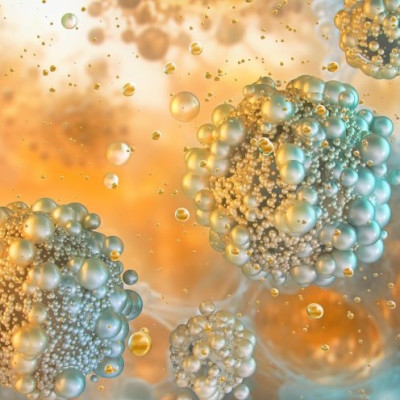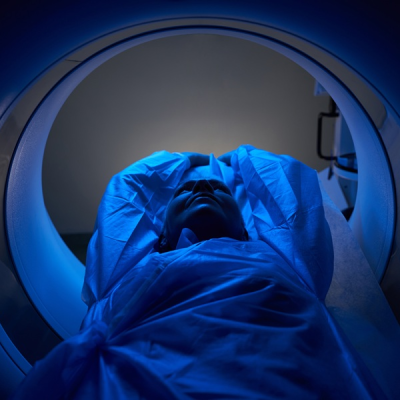Moderna Inc has announced the production of mRNA-based vaccine candidates against COVID-19 under the Investigational New Drug (IND) application of the National Institutes of Health (NIH). In this technology, the stretch of RNA which is required for preparing the vaccine is first synthesized and then embedded in lipid nanoparticles (LNP).
mRNA medicines are designed to direct the body’s cells to make a protein, which then triggers the immune system into action, and are generally sets of instructions which direct cells in the body to make proteins to prevent or fight disease. mRNA is an information molecule and we design our mRNA vaccines using the sequence of the virus, not by working on the virus itself.
Moderna’s mRNA platform provides significant advantages in speed and efficiency, across basic science, manufacturing, and clinical development. mRNA technology commonly employs nanoparticles-based drug release approaches.
mRNA-1273 is an mRNA vaccine against SARS-CoV-2 encoding for a prefusion stabilized form of the Spike (S) protein, which was selected by Moderna in collaboration with investigators from the Vaccine Research Center (VRC) at the National Institute of Allergy and Infectious Diseases (NIAID), a part of NIH. COVID-19 is caused by spike (S) proteins on the surface of the virus.
The cells use mRNAs, injected inside the immune cells, to make the protein piece. Afterward, the cells display the protein piece on their surface, and the immune systems recognize that the protein doesn’t belong there and begin building an immune response and making antibodies.
The body has eventually learned how to protect against future infections. mRNA-1273 met its primary efficacy endpoint in the first interim analysis of the Phase 3 COVE study with a vaccine efficacy of 94.5% and longer shelf life at refrigerated temperatures, announced on 16 Nov 2020.
Representative US patents relevant to Moderna’s mRNA-1273 vaccine against COVID-19 are US 10703789, US 10702600, US 10577403, US 10442756, US 10266485, US 10064959, and US 9,868,692.
The Pfizer-BioNTech COVID-19 vaccine is also a messenger RNA vaccine that has both synthetic, or chemically produced, components and enzymatically produced components from naturally occurring substances such as proteins. The vaccine does not contain any live virus.
Its inactive ingredients include potassium chloride, monobasic potassium, phosphate, sodium chloride, dibasic sodium phosphate dihydrate, and sucrose, as well as small amounts of other ingredients. This vaccine candidate uses mRNA packaged inside lipid nanoparticle that allows it to get into cells. The mRNA instructs cells to make a protein, which then triggers the immune system into action.
For the B1 vaccine, the mRNA coded for the part of a protein on the COVID-19 virus that binds to a receptor on human cells in order to gain entry to them. The B2 vaccine makes the entirety of this protein, known as the spike protein. Using the full spike protein may allow the immune system to figure out more ways to detect and attack the virus. Chemical modifications to the mRNA may also explain some of the difference.
Although the same dosage, by weight, was given to patients with each vaccine, the B2 vaccine would include fewer particles, because the full-length mRNA is heavier. This vaccine candidate has been authorized for emergency use by FDA under an Emergency Use Authorization (EUA).
StatNano is surveying the most interesting nanotechnology events in 2020. In case you are under the impression that the above-mentioned mRNA vaccine platform is worthwhile to be ranked among the top nanotechnology events of the last year, share your standpoint by clicking the followoing link:

